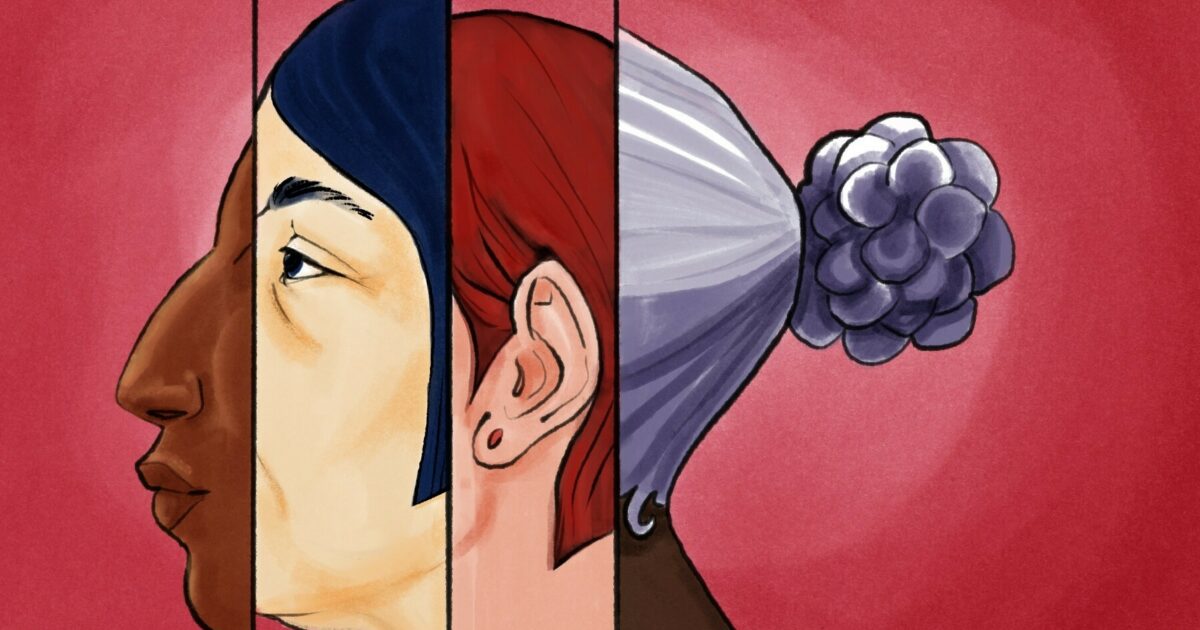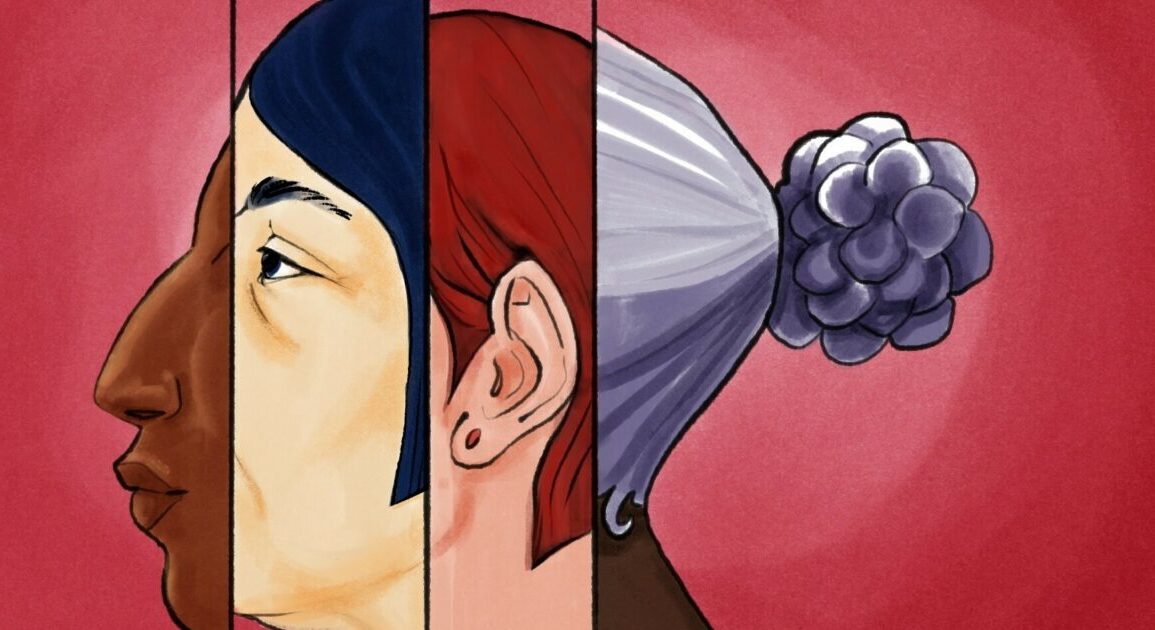
This project builds on research into the experiences of incarcerated LGBTQ+ people generally, including a 2015 Black and Pink National survey and the 2023 report Protected and Served?, about the experiences of LGBTQ+ people and people living with HIV within the criminal legal system, which Black and Pink National co-authored with Lambda Legal, among others. 12 The present project focuses solely on transgender people who are in prison and covers a broader range of topics about people’s trajectories in the criminal legal system, their incarceration experiences, and their views on prison policies.
By sharing the findings from this survey with corrections personnel, service providers, and community organizations, this project aims to encourage departments of correction to center the voices of transgender people who are incarcerated in debates about policy and practice. The next step is for governments and prison authorities, in collaboration with advocacy groups, to develop concrete policy changes with clear and ongoing mechanisms for input from transgender people and their allies. Many of the respondents were familiar with and appreciative of some of the recent policy changes that purport to benefit transgender people, such as requirements to use people’s correct pronouns, provide access to hormone therapy, and allow different housing options. (See “Transgender people’s views on policy and their policy recommendations” on page 50.) Their suggestions point to some of the gaps and unintended consequences of these policies, as well as widespread problems with implementation and enforcement. They also offer important suggestions for other ways that prison authorities could better meet some of the immediate safety, health care, social, and basic dignity needs of transgender people in prison. Many of the policy recommendations in this report align with other recent initiatives to build policy changes to address the needs of incarcerated transgender people. 13 More broadly, this report serves as a call to action for all stakeholders in the criminal legal and corrections fields to be proactive, serious, and sincere in asking for and applying the views of incarcerated transgender people in all aspects of policy development, practice, and oversight.
This report opens with a review of research on incarceration trends and conditions of confinement for transgender people and a summary of policies and practices that particularly affect them. The report also highlights a few notable changes and contrasts between states in policies about housing and access to gender-affirming health care. Drawing on both quantitative and qualitative data, the report then presents the key findings of the survey, organized into three main thematic areas: housing (including solitary confinement and preferences about type of facility and unit), gender-affirming health care and social transition (which refers to changing name, pronouns, appearance, etc.), and social relationships (among incarcerated people and with staff, including both supportive aspects and experiences of harm). The last section of the report presents participants’ reflections about existing policies in prison and their concrete suggestions for how prison policies and practices could be improved. The appendices contain expanded details on terminology, research methods, and sample demographics.
This post was originally published on this site be sure to check out more of their content.









